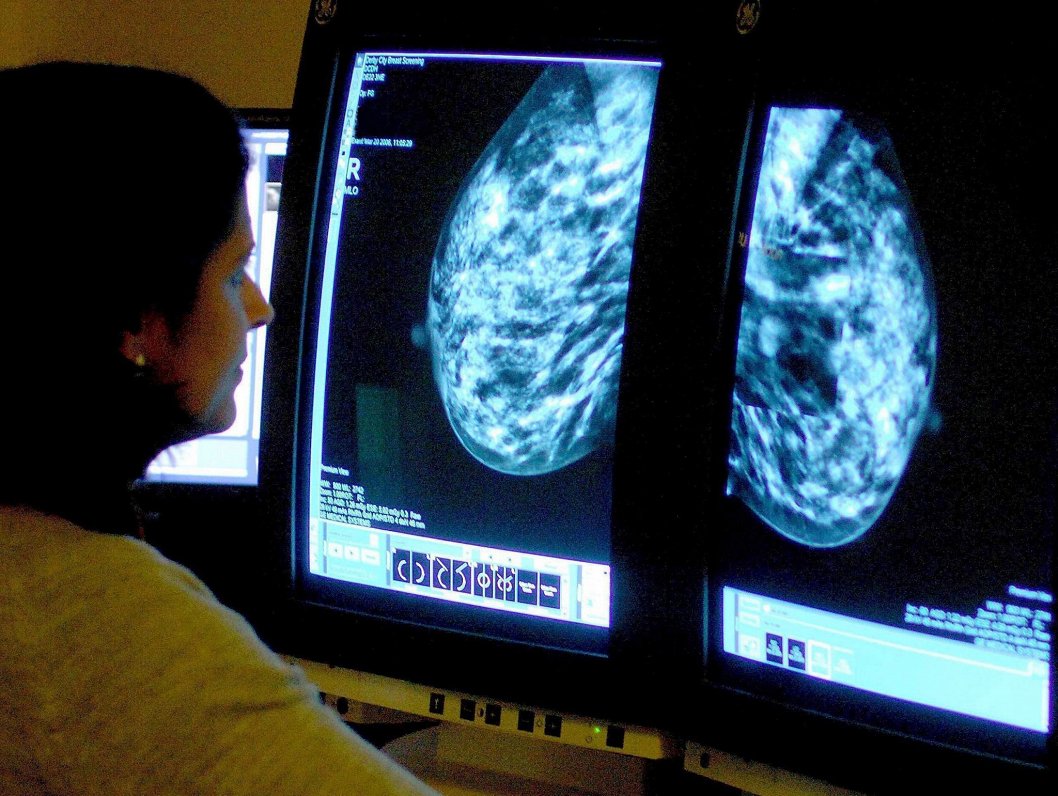Europe’s Beating Cancer Plan involves creating a new cancer screening scheme to provide a high-capacity cancer screening program in all member states. It will introduce sustainable, high-quality screening for breast, cervical and colorectal cancer; create the recently-recommended programme for lung, prostate and gastric cancer screening; and drive a reduction in the burden caused by cancer throughout the European Union.
29 partner countries are represented in the consortium, including 25 European Union member states, Ukraine, Moldova, Norway and Iceland. The project will be coordinated by the University of Latvia and will involve 28 competent institutions, 59 involved partners and 10 associate partners. The partners involved on the Latvian side are the Center For Disease Prevention and Control, the Pauls Stradiņš Clinical University Hospital and Rīga Stradiņš University.
The project duration is 48 months, and the total budget is €38.7 million. The final decision on approving the project will be made by the European Health and Digital Executive Agency in January 2024.
A crucial aspect of the process is ensuring a high-quality screening system and an exchange of experiences between European Union countries. Like similar programs, a significant emphasis of the activity will be on reducing inequality in access to high-quality screening within the European Union. Inequality in access to screening is viewed in its broadest context: both in terms of individual social groups, such as those who cannot understand the text of letters they receive or who do not wish to take part due to certain biases, and on a state-wide level, for example, by searching for reasons why screening standards and participation in screening differ among Latvia, Slovenia and Sweden.
The joint cancer screening program activity involves the creation of a comprehensive collaboration network, whose participants would be nominated by the health ministry of each member of the program. There will be one leading partner in each participating country, and they will coordinate the work of the other institutions from that country.
Involvement in European-level cancer research processes
LU KPMI was founded in 2016. It has not only become a leading cancer research institution in Latvia, but also a significant participant in cancer research processes on a European and global scale. The institution is currently hosting several projects supporting the European Union Cancer Mission and Europe’s Beating Cancer Plan.
Since 2013, LU KPMI scientists have spearheaded GISTAR, the gastric cancer prevention trial, which is being overseen by the International Agency for Research on Cancer of the World Health Organisation, and is the only trial of its kind in Europe. GISTAR aims to find and develop new screening, early diagnostic and treatment opportunities for gastric cancer.
In 2023, LU KPMI took leadership on the Towards gastric cancer screening implementation in the European Union project. Under the leadership of Latvian scientists, more than 20 partners from 14 European countries are working on guidelines for the introduction of gastric cancer screening guidelines and recommendations for evaluating the effectiveness of this screening.
The institute is also coordinating the Improving cancer care coordination and screening in Latvia and Slovakia (ICCCS) project in Latvia, in which European and world cancer experts are evaluating Latvia’s cancer care practices and offering recommendations for improvement, as well as other issues related to prevention, treatment and care.
























